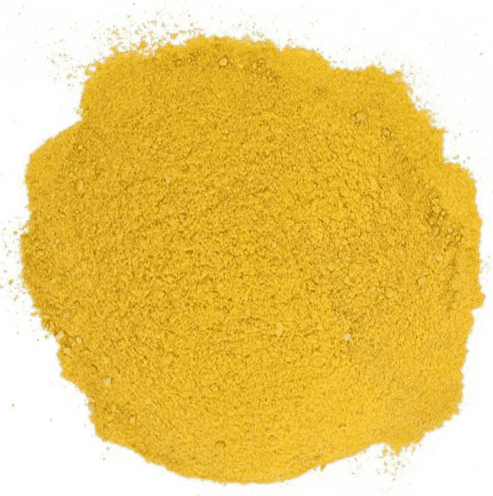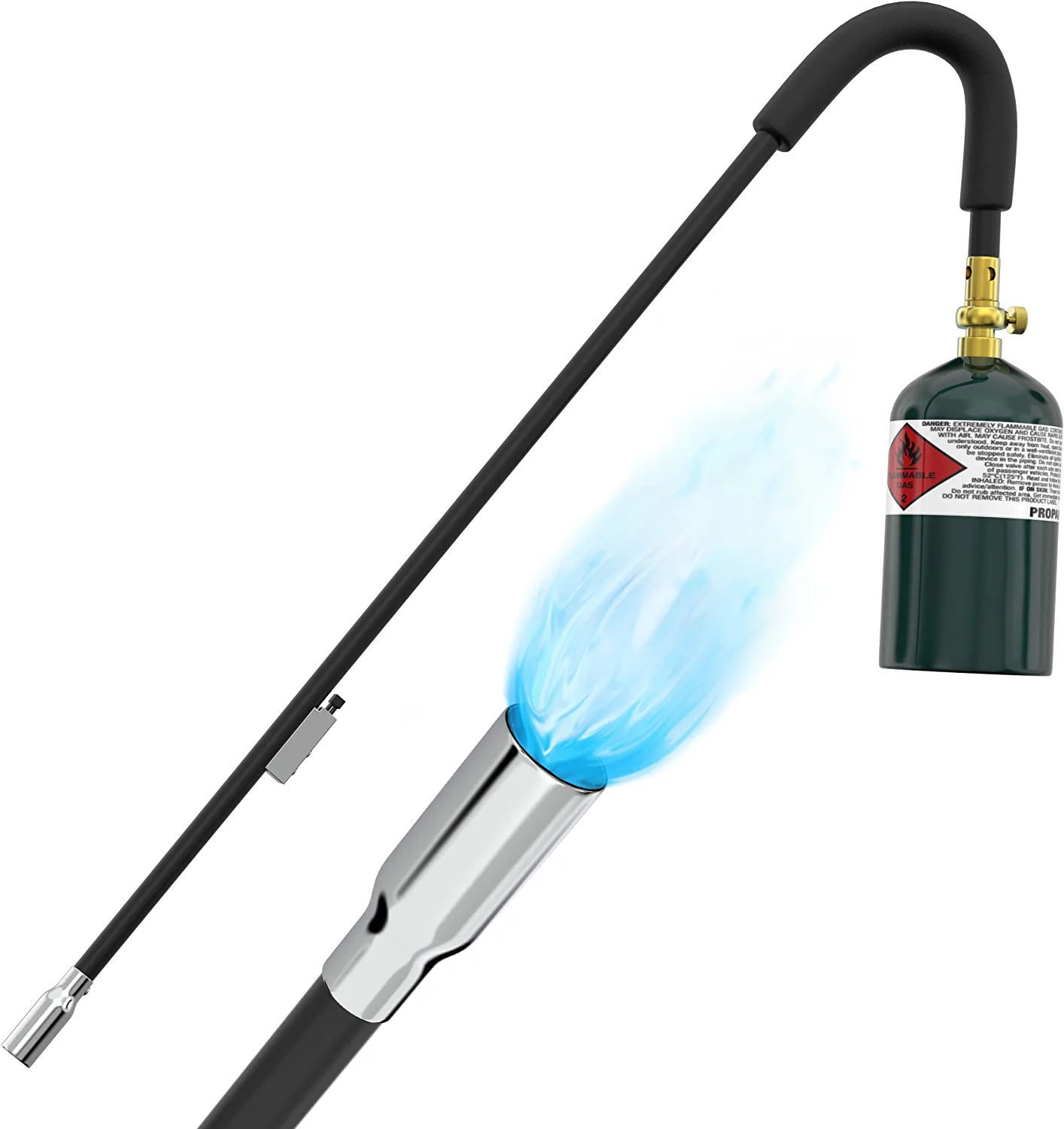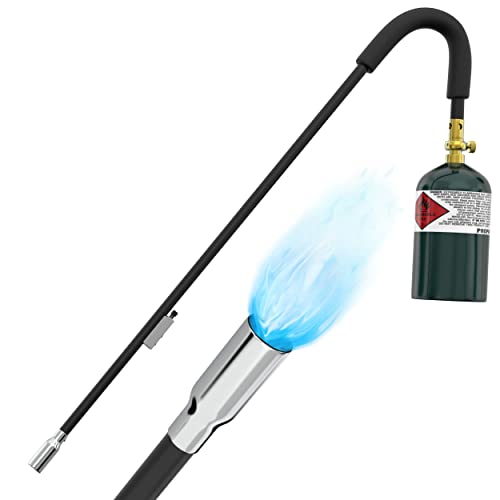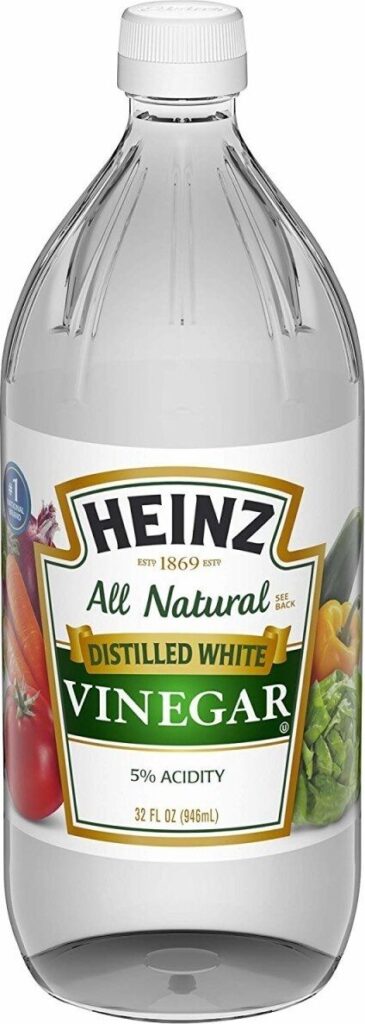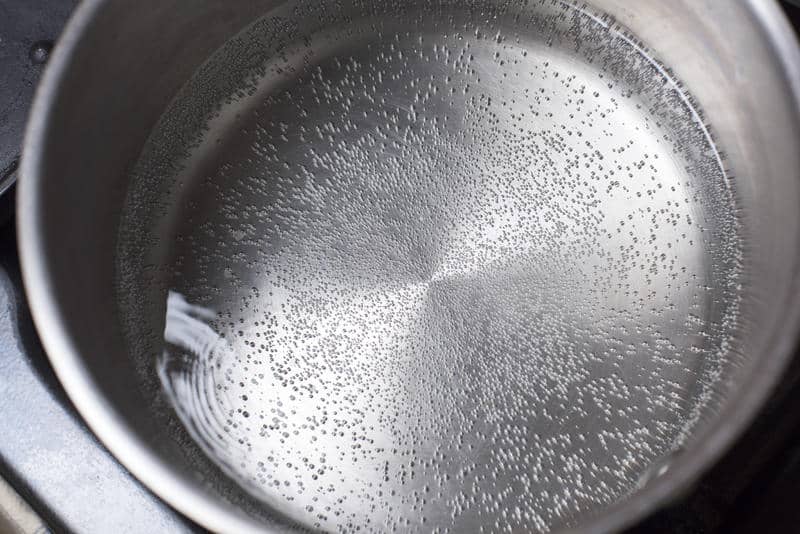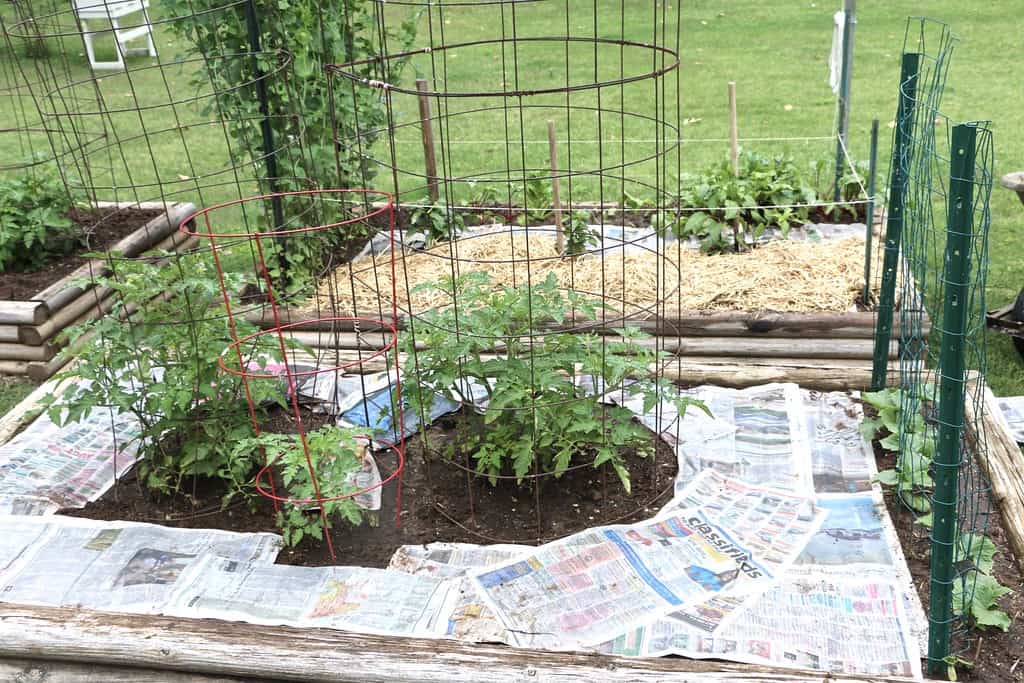Unwanted weeds can crop up in even the healthiest lawns, but that doesn’t mean you have to resort to harsh, synthetic herbicides to keep your plants pristine.
The move away from chemical weed killers has opened up exciting new alternatives to weed management. Although it’s impossible to avoid weeds completely, you can safely prevent and control their growth using organic weed and grass killers. Check out the following organic weed killers to try on your lawn.
Corn Gluten Meal
Corn gluten meal is the byproduct of corn syrup production. It’s a pre-emergent weed killer, meaning it destroys weed seeds before they can grow into plants.
Corn gluten meal is high in protein and contains 10 percent nitrogen, so it doubles as an organic fertilizer. It’s important to note that since it is pre-emergent, it will have no effect on existing weeds. If weed seeds have taken root, corn gluten meal will only serve as a fertilizer. Additionally, if you have a fungus problem in your yard, corn gluten meal also acts as a fungal suppressant.
Make sure you get corn gluten meal (CGM) from a garden center or greenhouse, as opposed to regular cornmeal found in grocery stores.
First, apply CGM before weeds have had a chance to germinate, then spread up to 20 pounds of CGM for every 1,000 square feet of grass. Make sure it’s spread evenly, and finish off by watering lightly. It’s important to note that excess nitrogen can burn a lawn, so be precise with your application.
Cost:
- $$$
When to Apply
- Early spring, or late fall
How to Get Started
Soil Mender is a good brand that produces cornmeal. Their 40lb bag, which can be found here, will last most average size lawns or gardens a few seasons depending on use. All you need to do is uproot existing weeds, spread the corn meal, and then water it in if desired.
Soil Mender Horticultural Corn Meal is an organic product that helps fight root and soil related fungal problems. Corn meal is an effective way to build soil quality, and unlike chemical products, it will not burn or damage plants
Fire
Yes it may sound like a bad idea, but it’s really not if you have the right tools. This propane torch kit connects to a simple campfire propane tank and allows you to safely scorch weeds with the quick pull of a trigger.
Also known as flaming, using fire to kill weeds is best performed a day or two after it has rained to keep other unwanted areas from catching fire.
Use caution if you live in a part of the country that has a dry climate. Flaming is most effective on small weeds and only requires less than a second of fire to break down their cell structure. Consider keeping a torch around for quickly taking care of sporadic weeds.
Cost:
- $$$
When to Apply:
- As needed.
How to Get Started:
Pick up a garden utility torch, like the one seen here, along with some propane cylinders, and a fire extinguisher isn’t a bad idea either.
Constructed with durable steel and reliable valves that provide safe and easy use.
First Alert’s Rechargeable Fire Extinguisher can be recharged by a certified professional after use, allowing for reuse.
Household Vinegar
Vinegar has earned its place as one of the most popular weed killers because it’s cheap, easy to use, and works well. The acetic acid in vinegar is what kills plants, making it one of the most popular organic, non-selective weed killers.
Non-selective weed killers kill all plants, not just weeds. Vinegar contains 5 percent acetic acid, so you will likely need to apply the vinegar solution several times. It can be used at full strength, or partially diluted with water, depending on the delicacy of your lawn.
To give your vinegar weed killer a power boost, add a little citrus. Citrus peels contain an all-natural grease-cutting property called d-limonene, which has the power to strip the protective coating off leaves.
Without the protective coating, or “cuticle,” weed leaves are defenseless against the burning acetic acid, and succumb to desiccation. Mix together white vinegar and citrus peels for a highly effective, homemade herbicide. The solution can be applied either directly to the plant or the soil. Exercise caution when using vinegar and vinegar-based herbicides, as they can cause damage to the skin and eyes.
Cost:
- $$
When to Apply:
- As needed
How to Get Started
Mix a gallon of standard white vinegar with 12oz of citrus extract. Blend these together and then apply directly to the weed’s leaves.
Liquid Dish Detergent
Since soap is typically derived from oil, and oil is deadly to plants, liquid dish detergent is a very effective weed killer. Simply mix 10 parts water with 1 part liquid dish soap and put it into a spray bottle. Douse the weeds with the solution on hot days, to ensure that the soap becomes sticky and the leaves and stems dry up fast.
Opt for an organic dish soap, since many of them contain the beneficial d-limonene that comes from citrus oils. Weeds sprayed with a dish detergent solution will become oily and shiny, making it much easier to keep track of where you’ve sprayed.
Cost:
- $
When to Apply:
- As needed on hot, sunny days.
How to Get Started
Mrs. Meyer’s dish soap is a perfect choice when it comes to making your own homemade organic weed killer. Mixing the water and dish soap in a pump sprayer, like the one seen here, will keep your hands from cramping and having to refill the bottle multiple times.
Mrs. Meyer's Clean Day liquid dish soaps are specifically made to make grease disappear, while also providing a special, singular scent for your home.
All-purpose sprayer ideal for herbicides, pesticides, liquid fertilizers and many home applications! Funnel top opening makes for easy filling.
Boiling Water
This is the least expensive DIY weed killer on this list, and it works great on young and broad-leafed weeds. Many people use this method on sidewalk cracks and driveways since it’s an easy method that yields results very fast. Just bring filtered or tap water to 200 degrees Fahrenheit and slowly dump it directly onto unwanted weeds. Remember that boiling water will kill the weed, not the root, so the process may have to be repeated several times.
Don’t forget to dress appropriately for this job. Wear a long-sleeved shirt, full-length pants and avoid open-toe shoes to keep your skin safe from splashes. For added protection, boil the water in a tea kettle and wear a pair of heavy-duty gloves or oven mitts.
Cost:
- $
When to Apply:
- As needed
Salt
This simple yet powerful ingredient goes a long way as an organic weed killer. Salt is a desiccant, meaning it completely dehydrates weeds. Like vinegar, it’s also a non-selective herbicide, so it must be used carefully to avoid killing everything it comes in contact with. Salt is best used as a spot treatment to get rid of a few stubborn weeds.
To make a safe saltwater solution, mix together one part table or rock salt to three parts of water. Apply the mixture using a funnel for a precise application that won’t damage the soil or wanted plants. Afterward, water nearby plants to encourage the salt to leach below the root zone.
Cost:
- $
When to Apply:
- As needed
Newspaper Mulching
What better way to repurpose old newspapers than as organic, DIY weed killers? Similar to traditional mulch, the newspaper can be used to suffocate weeds by blocking out the sun, which will eventually kill off the weeds. Newspaper is biodegradable, making this method not only cost-effective but environmentally friendly as well.
Newspaper mulching is by no means a quick fix for weeds, but it is a great way to cover a lot of area at once. Lay five to ten sheets of newspaper down on the ground, making sure each sheet overlaps with the other by a few inches. Spray the sheets liberally with water. If you don’t have a newspaper handy, cardboard can be used as a substitute.
As the wet newspaper decomposes, it will deposit nutrients to the soil, doubling as a natural fertilizer. Covering the newspaper with regular mulch can also prevent future weeds from sprouting. And since most newspapers are now printed on soy-based inks, you don’t have to worry about harmful chemicals leaching out into your soil.
Cost:
- $
When to Apply:
- As needed


